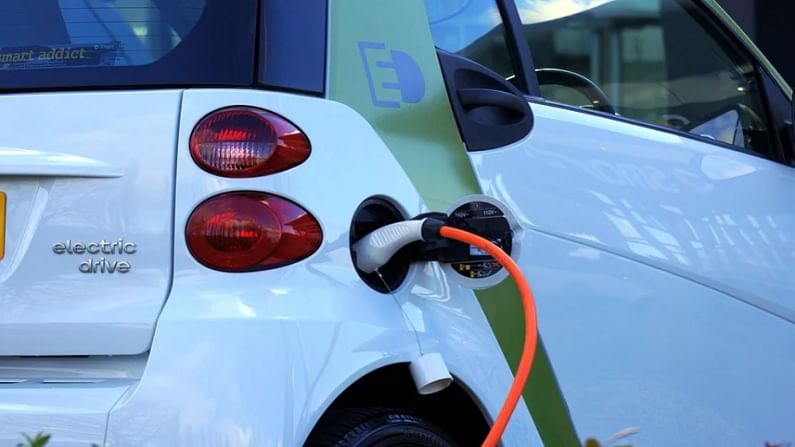Planning to go for an electric vehicle amid rising fuel prices? Here are things you should consider
If you are a first-time car or two-wheeler buyer, the prospect of owning an EV can be a tempting one

With Tesla all set to enter the Indian market, it is almost certain that the EV market in India is bound to grow. As entities like Ather, Bajaj, Okinawa, Hero Electric offer two-wheelers as EV offerings, Hyundai, MG, Mahindra, Tata and even the likes of Audi and Mercedes-Benz India are not shying away to experiment with a small batch of units for customers to experience.
Jaguar also recently announced that six out of every 10 Land Rover models will go electric by 2030. The company said the Land Rover line will get its first electric model in 2024 and by 2025, all Jaguar models will be powered by batteries.
But with fuel prices now at almost Rs 100/litre in some cities, going electric is definitely a cost-effective option in the long run. However, here are five things that you should consider if you are planning to buy an electric vehicle.
Budget
EVs still don’t have the kind of sales volume right now that their gasoline powered cousins have. So, to make business sense for companies that are offering them, they are usually priced higher. Some state governments do give buyers an incentive to go green and buy an EV. However, those incentives are not as attractive as compared to a gasoline powered car sold by a manufacturer.
Driving Distance
EVs right now do offer a decent range with a full battery charge. However, it is not as close as a full tank of fuel in your car or bike. The battery technology is improving however, given the kind of traffic and congestion on Indian roads, the range advertised by manufacturers is only 60% realised in the real world. So, if your driving distance is more than 50 kilometres in a day, an EV might not be the best option for you.
Charging Stations
There just isn’t a good infrastructure right now in India to charge your EV. A typical EV battery in a two-wheeler usually takes 4-6 hours to charge, and if you have an electric car it takes 8-10 hours to fully charge on a normal power outlet. Sure, some companies do offer super charging solutions, but they are not free and come at an additional cost to buyers. So, currently it makes little sense as the entire process is time consuming and expensive.
No Weekend Getaways
Driving range is not one of the strongest suits of EVs right now. EV bikes are only as good to run small errands around your neighbourhood and an electric car is only good for commuting from home to work. So, if you are someone who loves to drive and explore during the weekends, forget about doing it in your EV. Your road-trips will have to be broken into 8-10 hour breaks after every 250-300 kilometres from the start of your trip.
Electric Vehicle Maintenance
It is always advocated that EVs require little to no maintenance as it is a plug-and-play model. This is partly true. In India, we know how defensively one has to drive to avoid the other vehicle from hitting us. This can be a problem for an electric vehicle since due to their low volumes, not every workshop in your area will have the parts readily available to replace. Also, if there is a problem in the battery unit, the cost that you’ll be bearing to fix it will be almost half the cost of the vehicle. Yes, few companies are offering up to 6-years of battery warranty.
So, if you are a first-time car or two-wheeler buyer, the prospect of owning an EV can be a tempting one. However, in India, an EV makes more sense as a tertiary family vehicle and not the primary mode for mobility.
(Views expressed are personal)